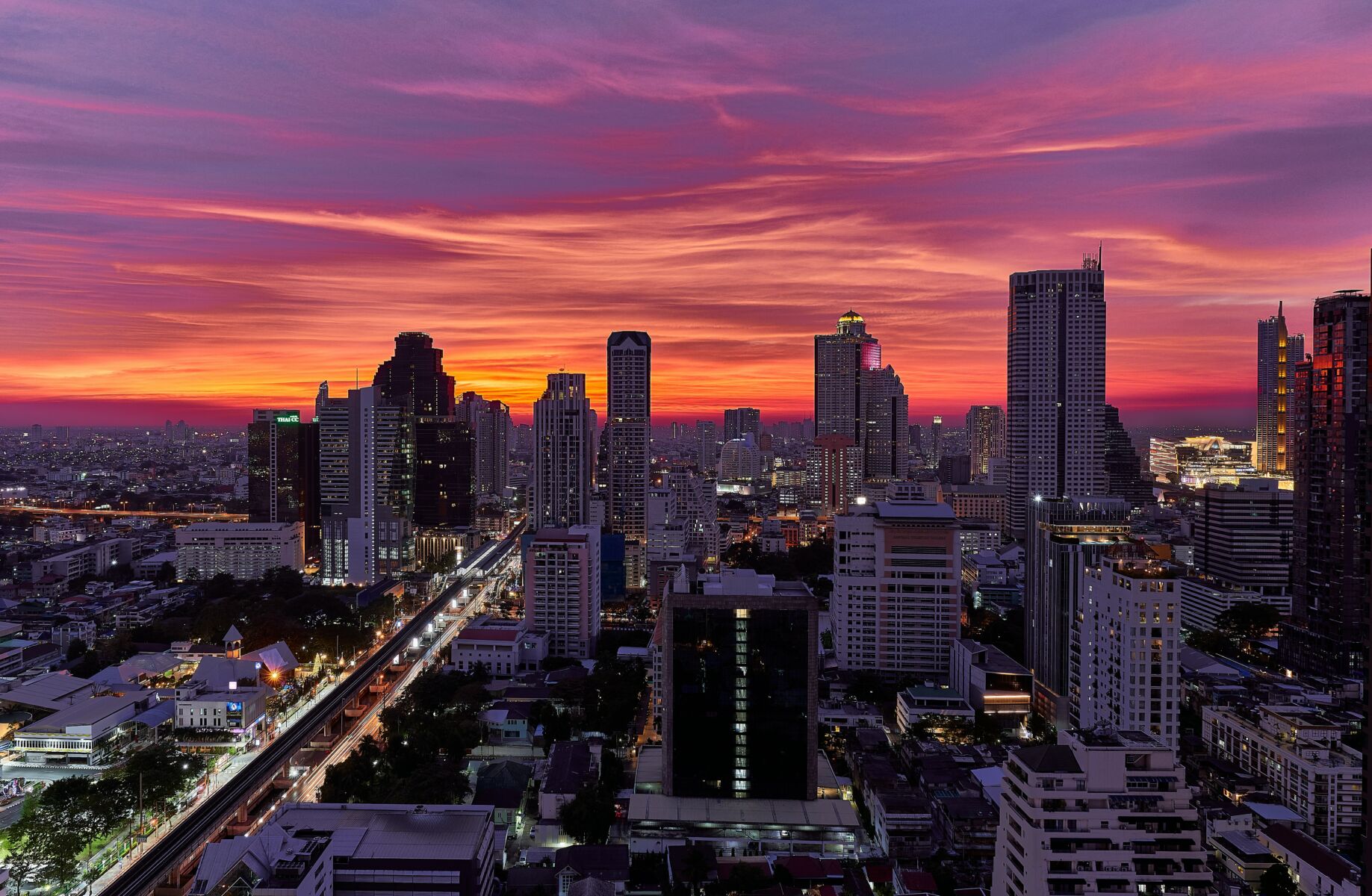Thai hotel industry fears revenue and tax loss over reclassifying small properties

The Thai Hotels Association (THA) voiced concerns over recent ministerial regulations that exclude accommodations with fewer than eight rooms and 30 guests from being classified as hotels. The THA predicts this new rule will result in a 15-20% decrease in hotel tourism revenue, heightened safety risks, and loss of tax revenue.
This regulation, announced in the Royal Gazette, has been criticised by Udom Srimahachota, Vice-President of THA’s western chapter, for being more detrimental than advantageous for the overall industry. The revision updated the non-hotel definition from establishments with four rooms, accommodating no more than 20 guests, to those with up to eight rooms housing a maximum of 30 guests.
The Tourism Council of Thailand supports the regulation, believing it would stimulate local homestays offering unique services. However, this perspective conflicts with THA’s stance, as the association believes it would allow more properties to circumvent the regulations and taxes that registered hotels must adhere to.
Udom stated that the government stands to lose revenue due to these non-hotel properties potentially evading taxes, including VAT, personal income tax and corporate income tax, reported Bangkok Post.
“The problem is also with the land and building tax where hotels must pay 10 times more than non-hotels as those could pay this tax at the second household rate, unlike registered hotels.”
He warned of loopholes that some operators might exploit to dodge steep tax rates, leading to an increase in illegal nominees. Cases have already been reported in Hua Hin and Cha-am, where multiple plots of land owned by the same family operate as non-hotel businesses, bypassing additional taxes on revenue from a total of 40 rooms.
The regulation also allows non-local investors to exploit local villagers as nominees. Homeowners can now quickly lease their properties to illegal Chinese nominees who have more opportunities to attract Chinese guests than legal hotels.
Udom expressed concerns over these accommodations potentially harbouring criminals since they aren’t required to submit guest details to the immigration bureau like registered hotels.
The THA has called on the new interior minister to tighten regulations for non-hotels to ensure safety and proper tax collection. Although the THA supports the recent endorsement of other types of accommodation like tents or raft houses, Udom stressed the need for precise safety requirements, such as fire-proof canvases and capacity limits for raft houses.
Thai hotels had previously addressed political change as the world watched the elections in Thailand. Major hotel chains remain optimistic, as long as the situation stays peaceful and avoids any violent unrest. Centara Hotels and Resorts (CHR) and Minor International Plc voiced their confidence in their ability to weather any potential political storms, providing the environment remains stable.
Follow more of The Thaiger’s latest stories on our new Facebook page: CLICK HERE.
Latest Thailand News
Follow The Thaiger on Google News:


























